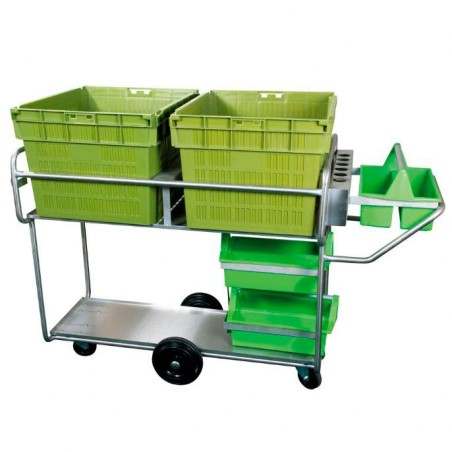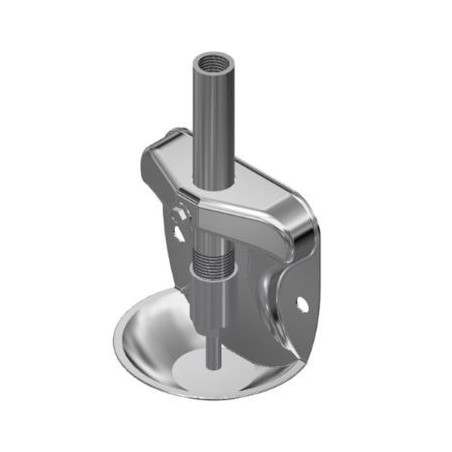Gallic acid is an endogenous plant polyphenol that has been extensively studied as feed supplementation in animal production for its antioxidant, antimicrobial, anti-inflammatory, and health-promoting effects. Previous studies determined that supplementation of gallic acid at 400mg/kg to weaned piglets with an average weight of 8.40 ± 0.09 kg decreased diarrhea incidence and improved their intestinal morphology. However, the hypothesis of the present study is that gallic acid supplementation could also improve growth performance, especially for piglets with a lower weaning weight. This study evaluated the effects of dietary gallic acid on growth performance, diarrhea incidence, and plasma antioxidant status of piglets weaned with high and low weight. A total of 120 weaned piglets were randomly allocated to four treatments in a 42-day experiment with a 2 × 2 factorial treatment arrangement comparing different weaning weights (high weight or low weight, 8.49 ± 0.18 kg vs. 5.45 ± 0.13 kg) and dietary treatment (without supplementation or with supplementation of 400 mg/kg of gallic acid). One piglet per pen was selected randomly to collect blood samples on days 14 and 42 for the analysis of malondialdehyde concentration, superoxide dismutase activity, and glutathione peroxidase activity.
The results showed that high weight piglets exhibited better growth performance and plasma antioxidant capacity. Piglets supplemented with gallic acid had higher body weight on day 42 and average daily gain from day 0 to 42 compared to the control piglets, which is mainly attributed to the specific improvement on body weight and average daily gain of low weight piglets by the supplementation of gallic acid. The decreased values of diarrhea incidence were seen in piglets fed gallic acid, more particularly in low weight piglets. In addition, dietary gallic acid numerically reduced malondialdehyde content in plasma of low weight piglets.

In conclusion, our study suggests that dietary gallic acid may especially improve the growth and health in low weight weaned piglets.
Zhao X, Wang J, Gao G, Bontempo V, Chen C, Schroyen M, Li X, Jiang X. The influence of dietary gallic acid on growth performance and plasma antioxidant status of high and low weaning weight piglets. Animals. 2021; 11(11): 3323. https://doi.org/10.3390/ani11113323





